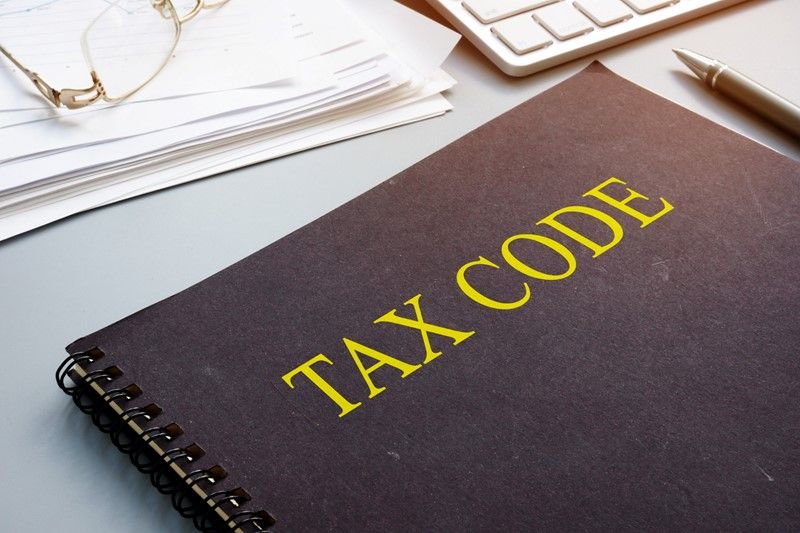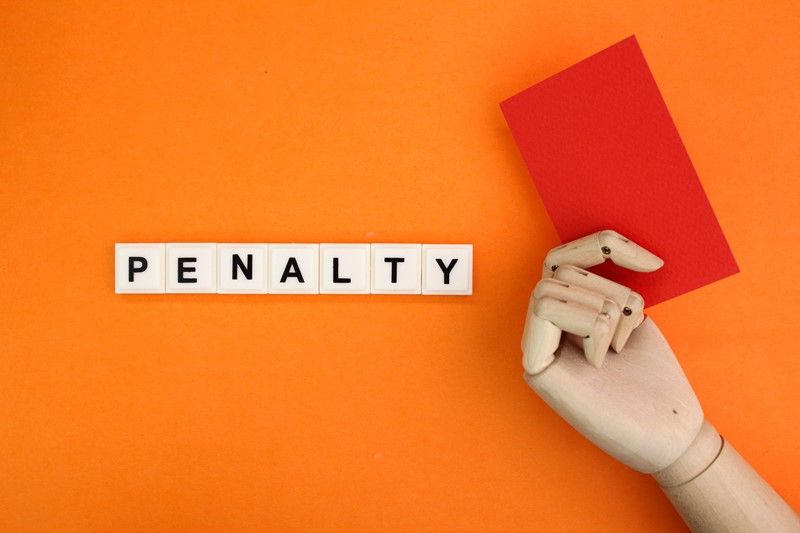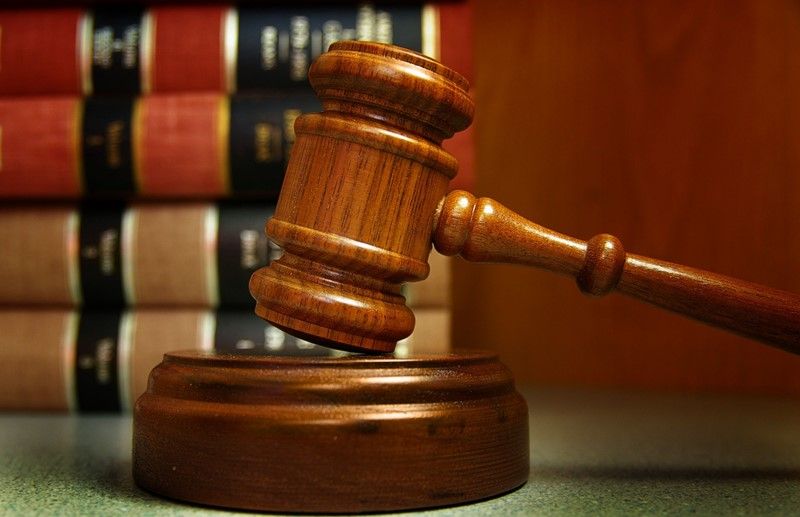Why your tax code might change
The letters in your tax code indicate whether you are entitled to the annual tax-free personal allowance. These codes are updated each year and help employers calculate how much tax should be deducted from your salary.
For the current tax year, the basic personal allowance is £12,570. The tax code corresponding to this amount is 1257L, which is the most common tax code used for those with a single job, no untaxed income, and no unpaid tax or taxable benefits (such as a company car).
HMRC updates your tax code when your circumstances change, and your taxable income is affected. Some common reasons why your tax code may change include:
- Starting a new job. If you begin working for a new employer, HMRC may issue a new tax code based on your earnings, especially if they haven’t yet received your full income details.
- Receiving taxable state benefits. Certain state benefits are taxable. If you start receiving them, HMRC may adjust your tax code to account for the additional income.
- Taking on an additional job or receiving a pension. If you begin earning from another job or start drawing a pension, your tax code may be updated to reflect this extra income.
- A change to your weekly State Pension amount. If your weekly State Pension payments change, HMRC may revise your tax code to ensure the right amount of tax is collected.
- Changes to job-related benefits. If your employer informs HMRC that you have started or stopped receiving benefits like a company car or private healthcare, your tax code will likely change to reflect this.
- Claiming Marriage Allowance. If you transfer part of your Personal Allowance to your spouse or civil partner, or they transfer it to you, HMRC will adjust your code to reflect the change in allowances.
- Claiming tax-deductible expenses. If you claim tax relief on work-related expenses (like uniforms, tools, or mileage), your code might change to reduce the tax you pay during the year.
It is important to check your tax code is correct. If you have any questions, we would be happy to help.




